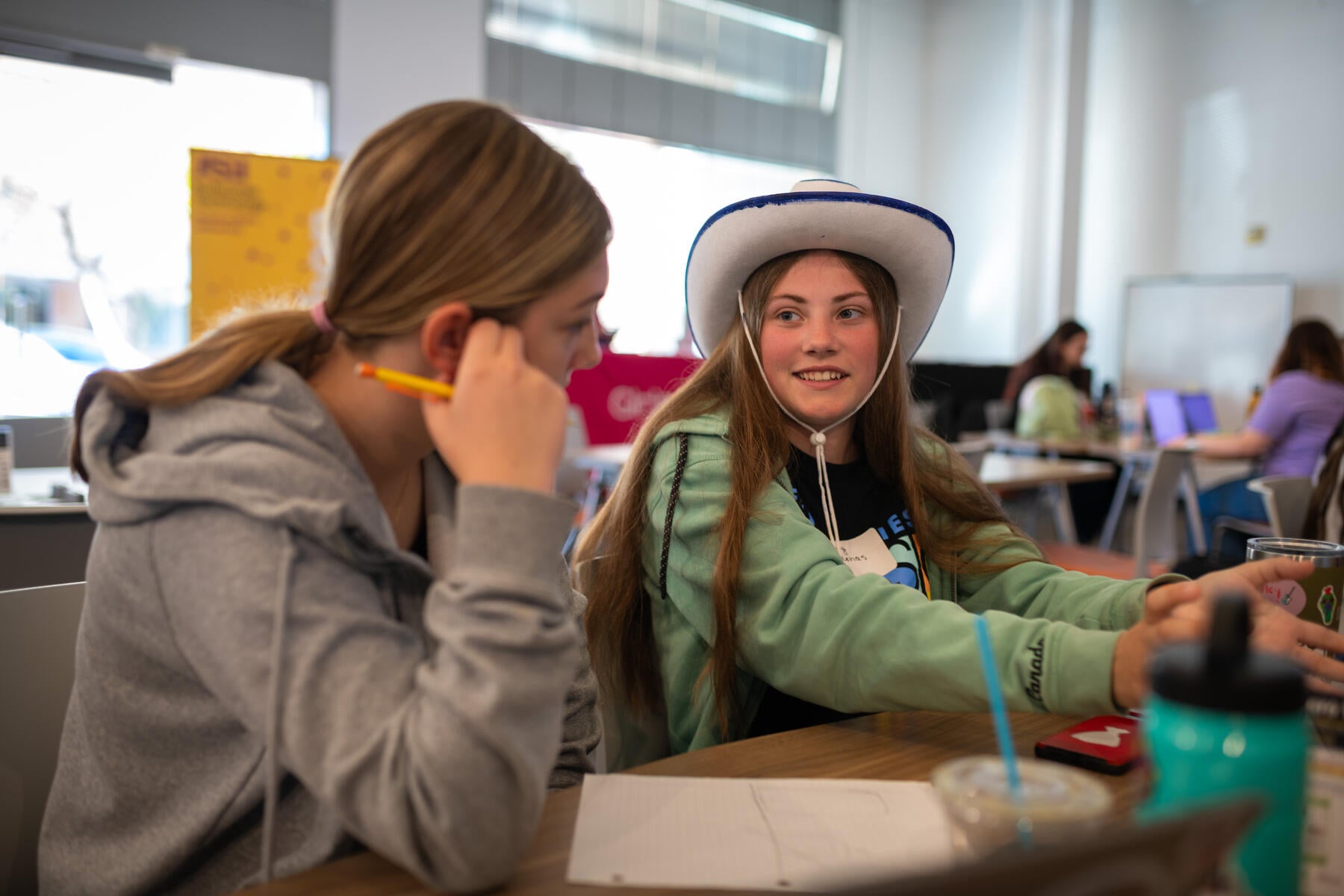Many thanks to the contributors who joined. This includes:
Introductory remarks by:
- Donna Kidwell, Enterprise Technology Chief Information Security and Digital Trust Officer
Technical support leads:
- Madhura Ramojwar, from the Thunderbird School of Global Management and an ASU graduate student
- Rachel Clark, business analyst for Enterprise Technology
- Deepak Raju, co-founder and Principal Engineer at Neolight LLC
As well as the esteemed panel of proposal evaluators:
- Kimberly Clark, Deputy Chief Information Officer Operational Excellence and Digital Transformation at ASU Enterprise Technology
- Elizabeth Reilley, Executive Director, AI Acceleration at ASU Enterprise Technology
- Kendon Jung, Manager, FDM FM Zero Waste at ASU
